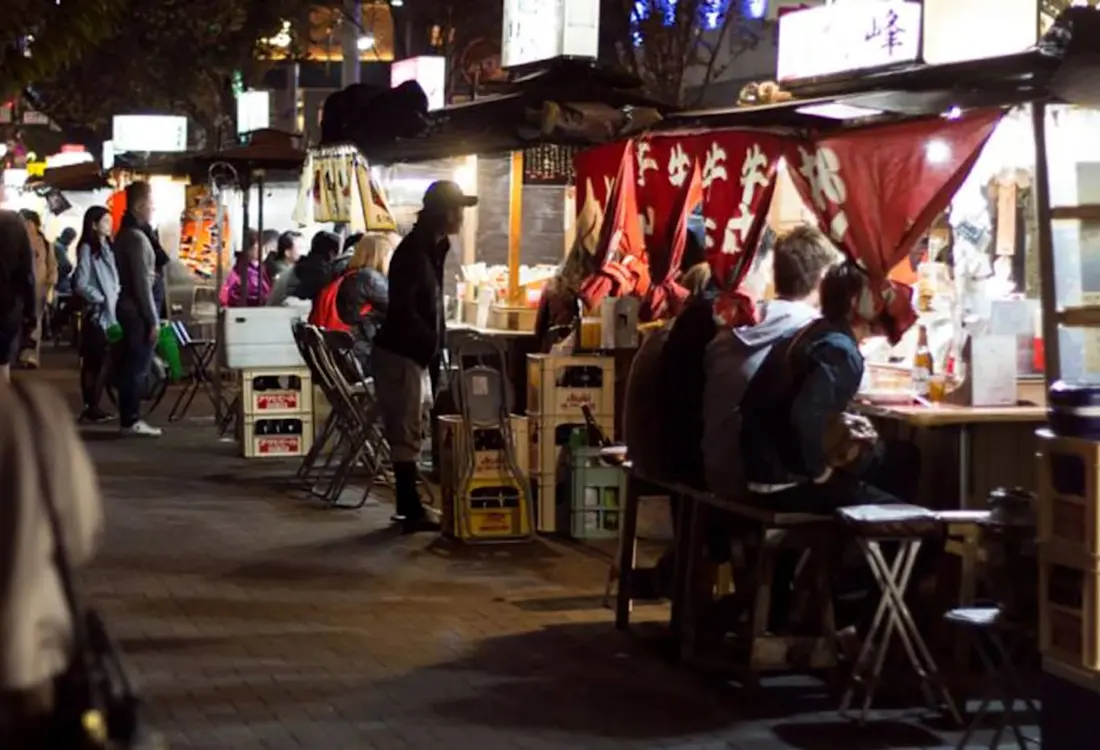
Yatai in Fukuoka
Sitting at the Counter with History
The sun sets over the city of Fukuoka and slowly, people in aprons come out pulling old wooden carts. Reaching their spot, they open up the cart to reveal a miniature restaurant: a counter with seats, glass cases for food and portable refrigerators. The sound of electric generators fills the air as hungry patrons start occupying the seats.
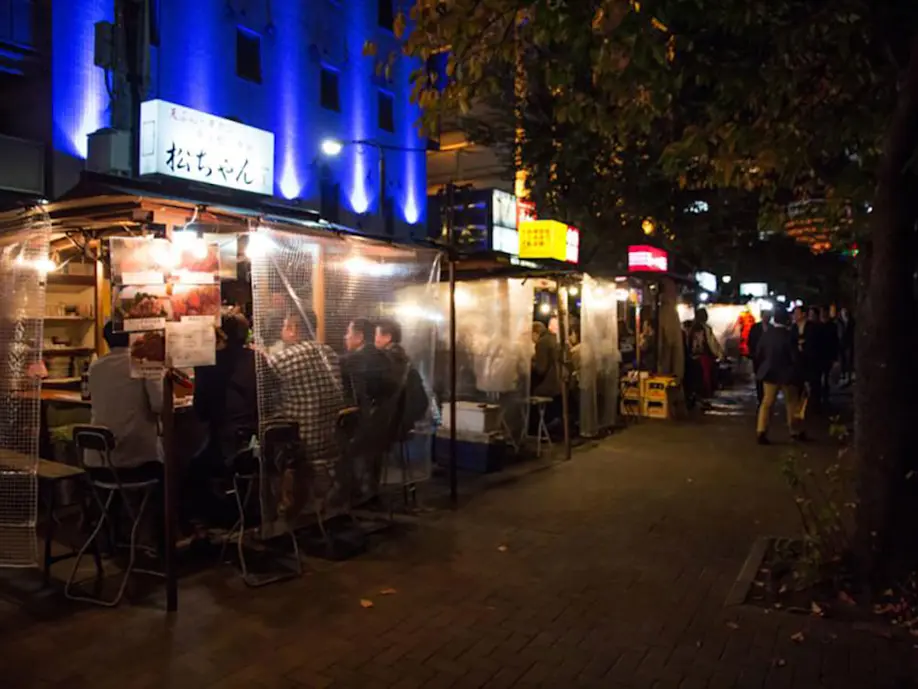
These are yatai, or food carts, a trademark of Fukuoka City. Every day they open from about 6pm, and they're gone in the morning. While there are many places where you can find yatai, the highest concentration can be found on the Nakasu island in the center of the city.
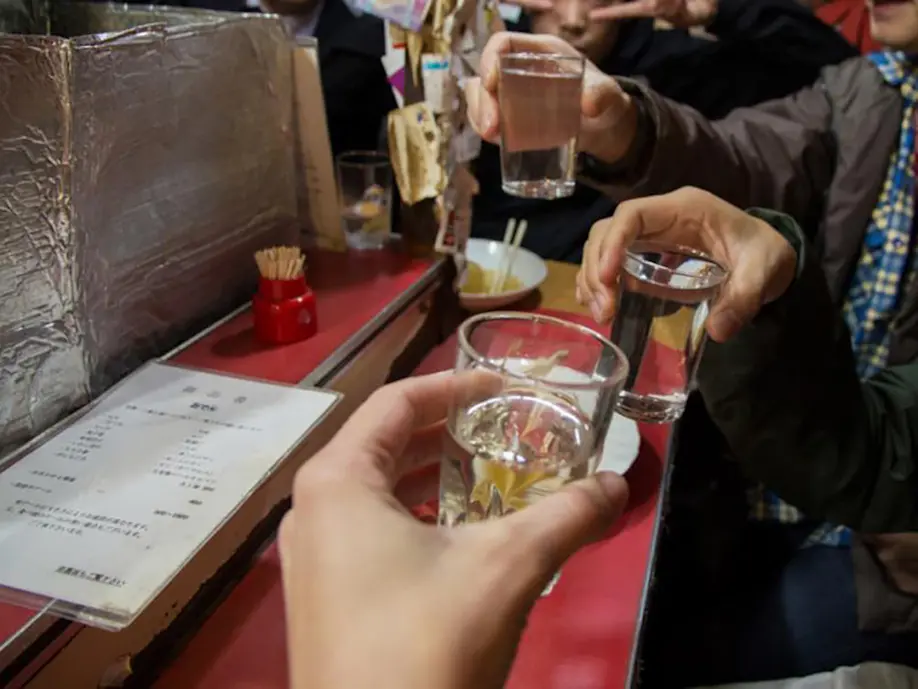
Once opened up, yatai can normally fit 8-10 people. Patrons sit shoulder to shoulder, often chatting and exchanging stories.
Some of the most common yatai dishes are ramen, oden, okonomiyaki, yakitori and mentaiko.
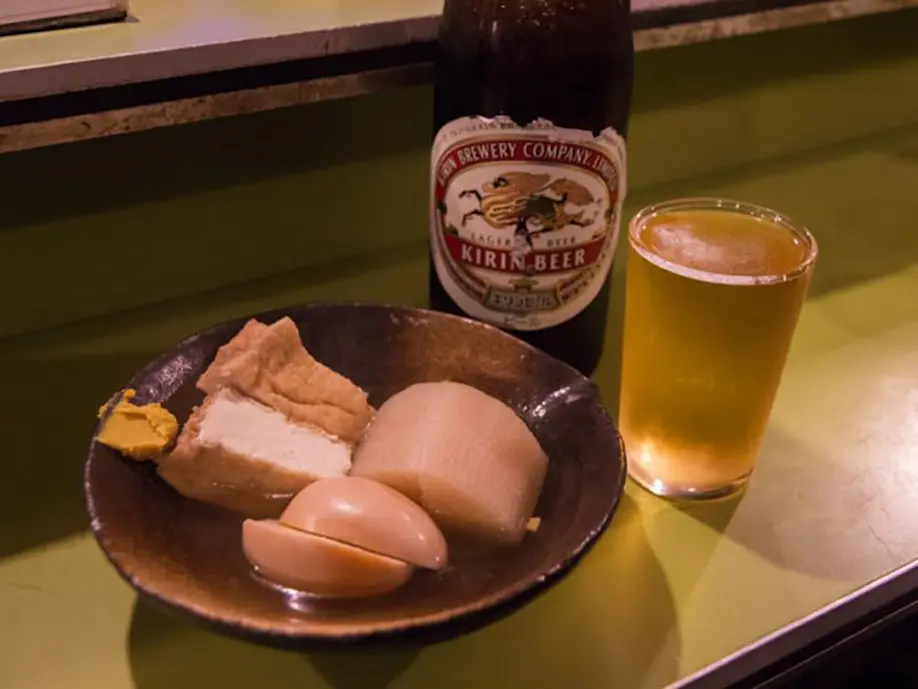
Lately, some yatai owners became creative and started serving different cuisine, even Italian or French food. Yatai also commonly serve alcohol.
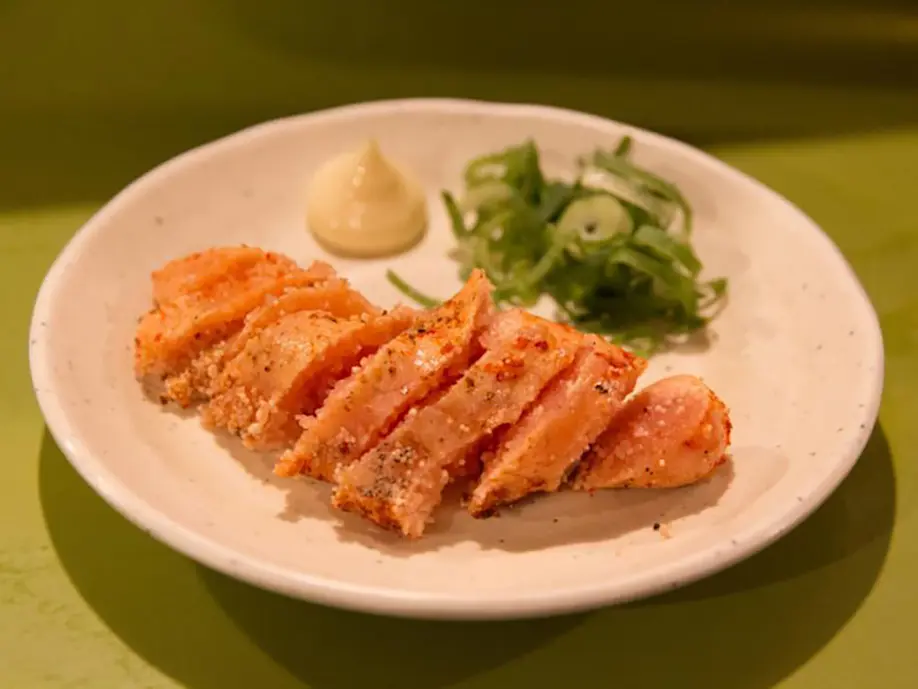
Portable food carts date back to the 5th or 6th century. In the Edo Period (1603-1868) soba vendors with mobile restaurants that they carried over their shoulders would open at night after normal shops closed.
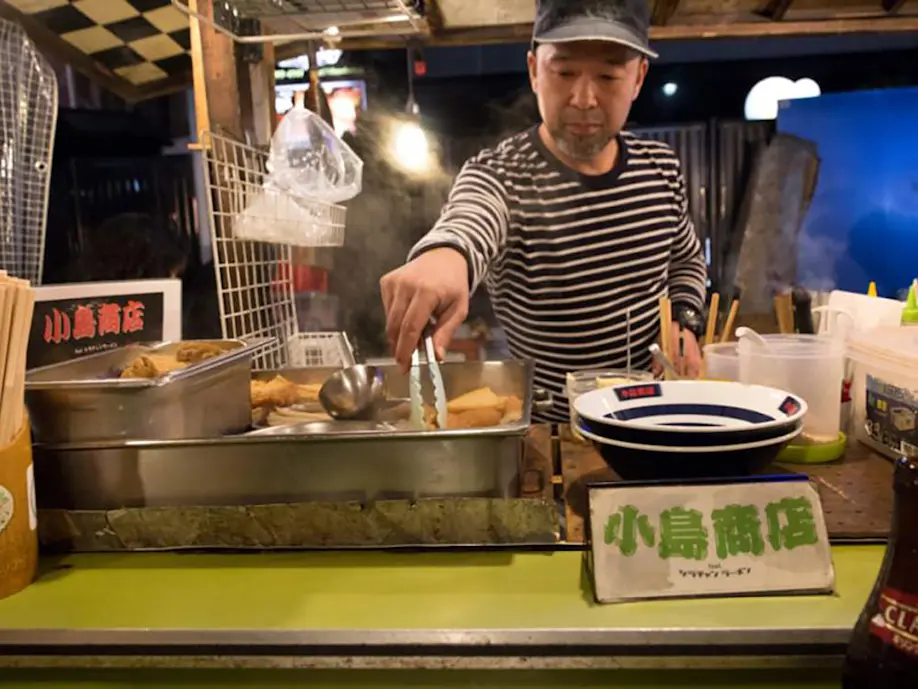
During the Meiji Period (1868–1912) the quick industrialization saw people flocking to the cities from the countryside and yatai food thrived as a very early “fast food" concept.
After WW2, during the occupation of Japan, food was rationed and yatai were banned. A black market for food rations began and to this day it's still a stigma to the image of yatai.
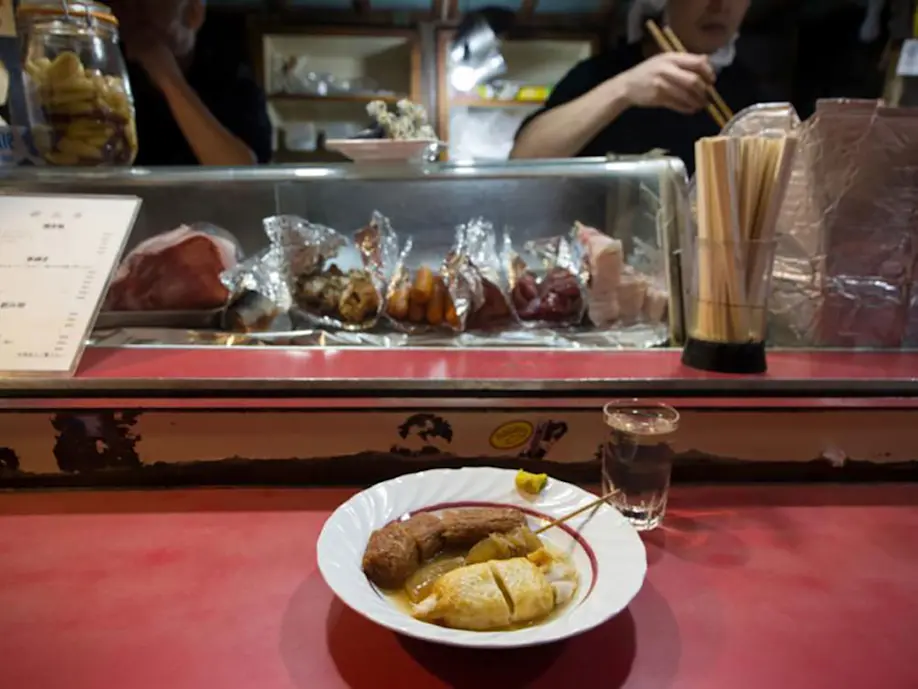
In preparation for the 1964 Tokyo Olympics, local governments began heavy regulation mainly with the concern of health and food safety. Yatai mostly disappeared in Japan with an exception for Fukuoka, where vendors had organized a yatai trade association in 1950.
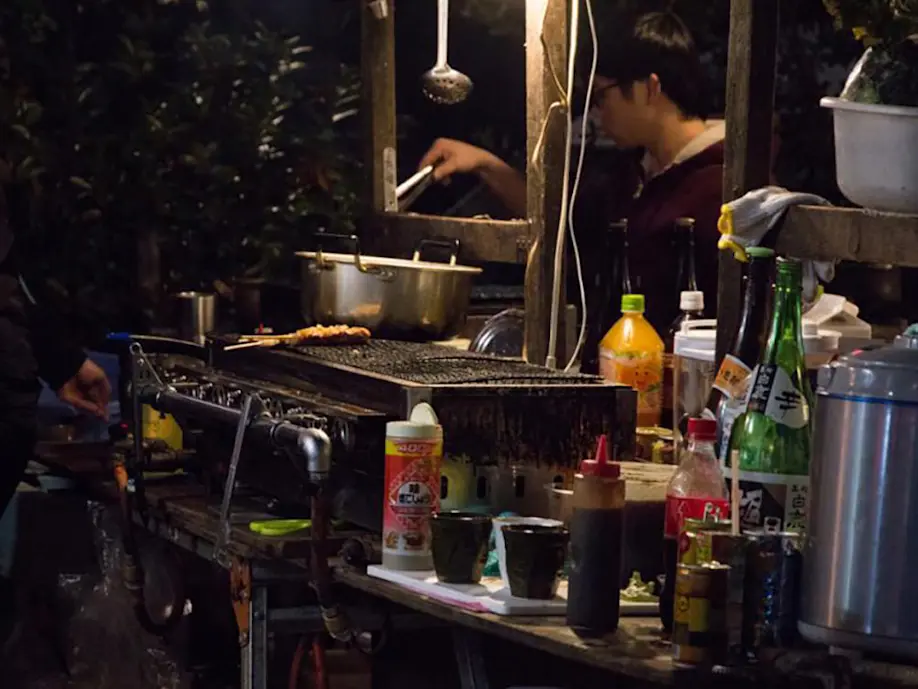
During their golden age, there used to be more than 400 yatai in Fukuoka, but since then the numbers have drastically declined. There's a lot of controversy about yatai in Fukuoka. Some find them a nuisance and a tourist trap, others consider them one of Fukuoka's symbol and a historic heritage.
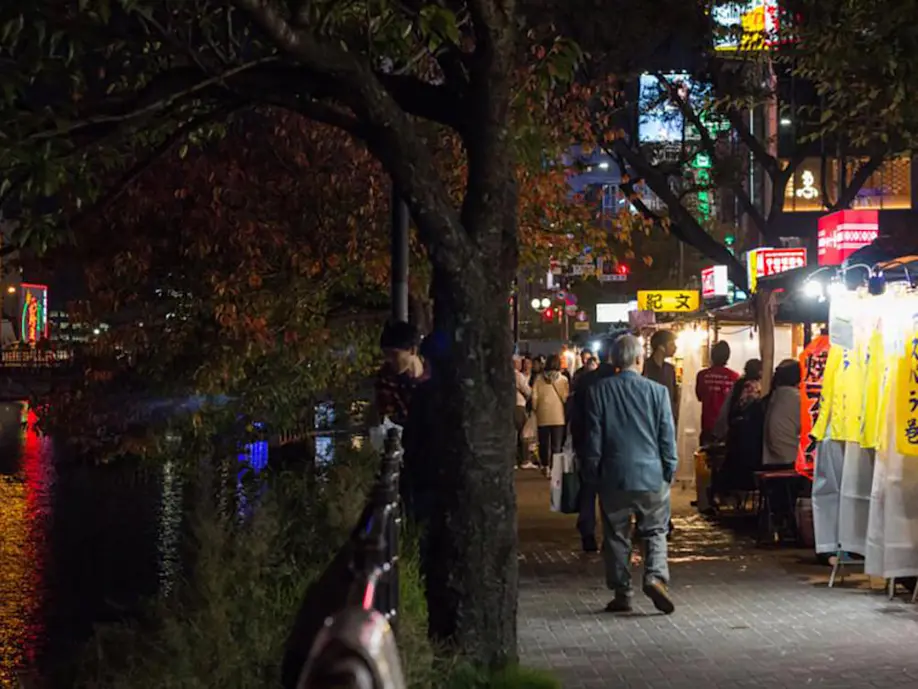
While regulations keep changing, yatai vendors are making great efforts to keep the tradition alive.
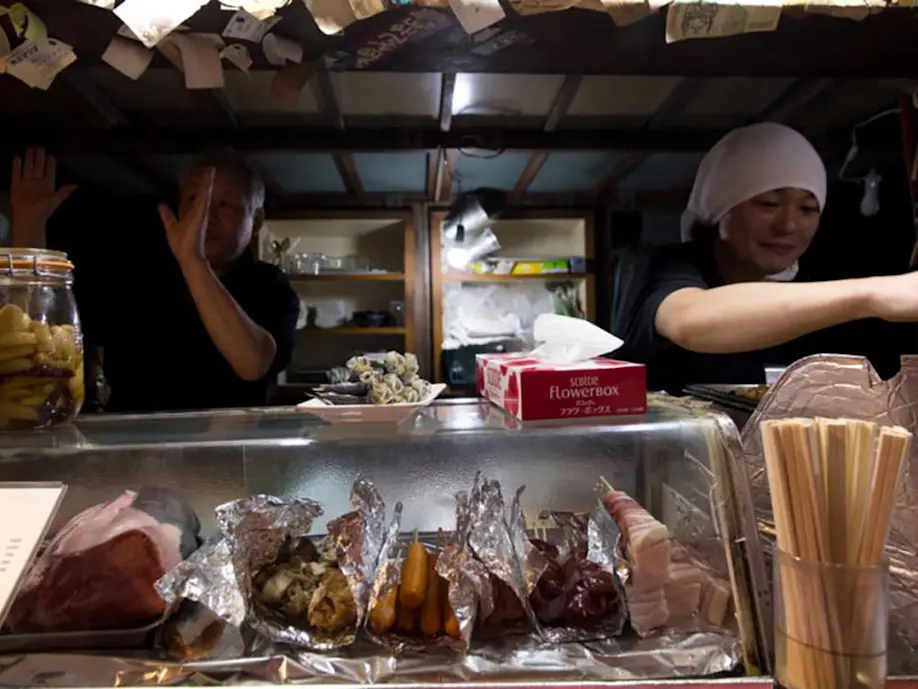
Nowadays patrons range from office workers to young people, and a lot of foreign travelers as well. Whether you're interested in the history, the food or the company, it is worth to try the experience of eating out of these wooden carts that are now unique to Fukuoka.
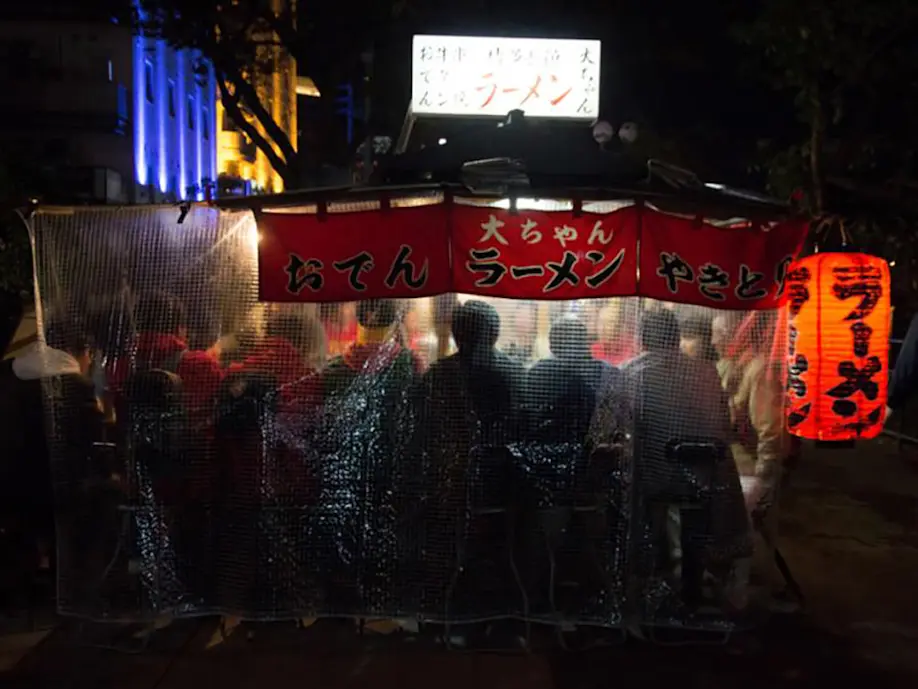

Laura Loss
Laura is a Tokyo-based freelance writer, photographer and translator from northern Italy. She has a passion for craft beer, Japanese traditional instruments and discovering places that are off the beaten path.
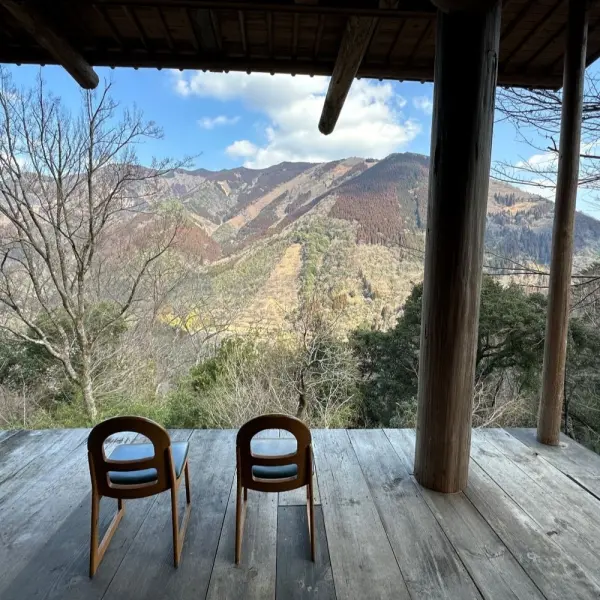 Traditional Life in Shiiba Village, Kyushu’s Secret Hideaway
Traditional Life in Shiiba Village, Kyushu’s Secret Hideaway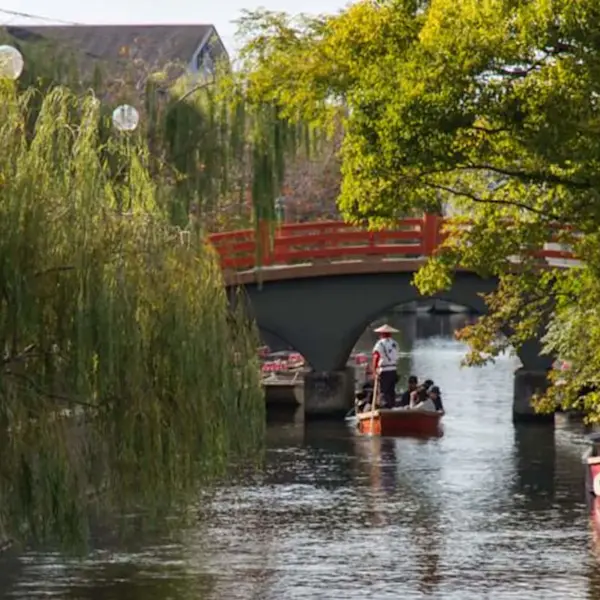 Follow the Canals: The Humble Beauty of Yanagawa
Follow the Canals: The Humble Beauty of Yanagawa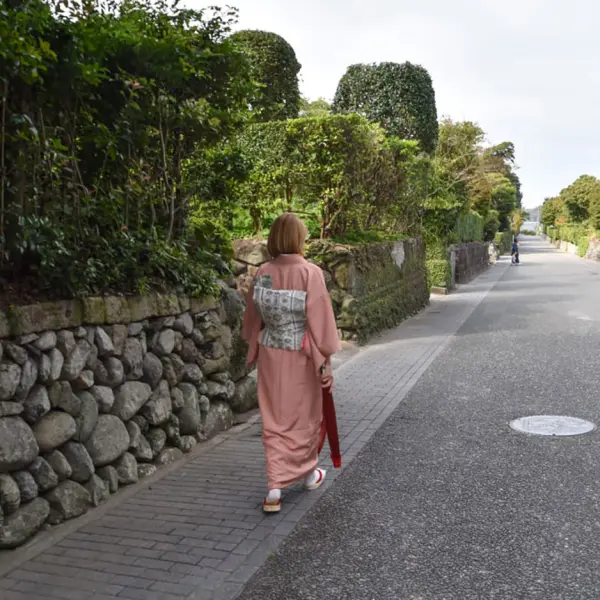 Visit one of Japan's largest samurai residences in Izumi
Visit one of Japan's largest samurai residences in Izumi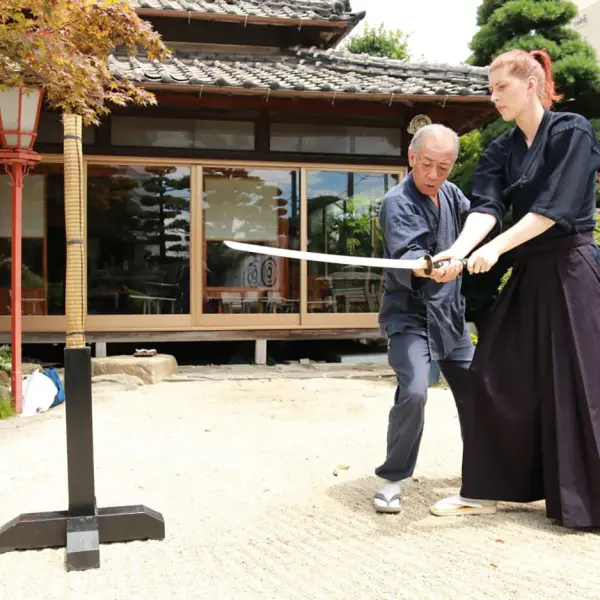 Katana Training & Omuta Exploration
Katana Training & Omuta Exploration 99 Islands and a Mouthful of History in Sasebo
99 Islands and a Mouthful of History in Sasebo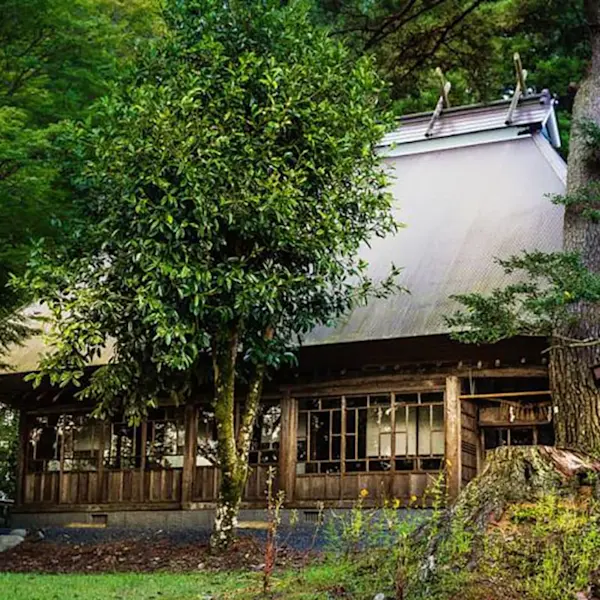 Takachiho: Explorations of a mystical land
Takachiho: Explorations of a mystical land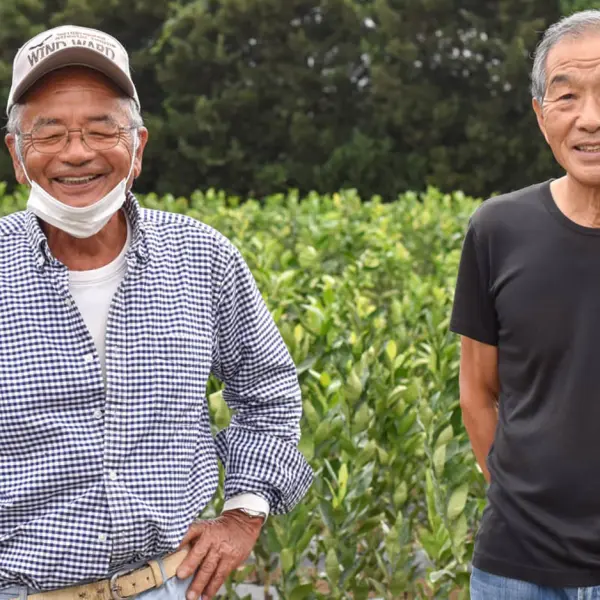 Meet the Locals at a Japan Farm Stay at Kagoshima
Meet the Locals at a Japan Farm Stay at Kagoshima Amami Oshima: Gorgeous island steeped in history
Amami Oshima: Gorgeous island steeped in history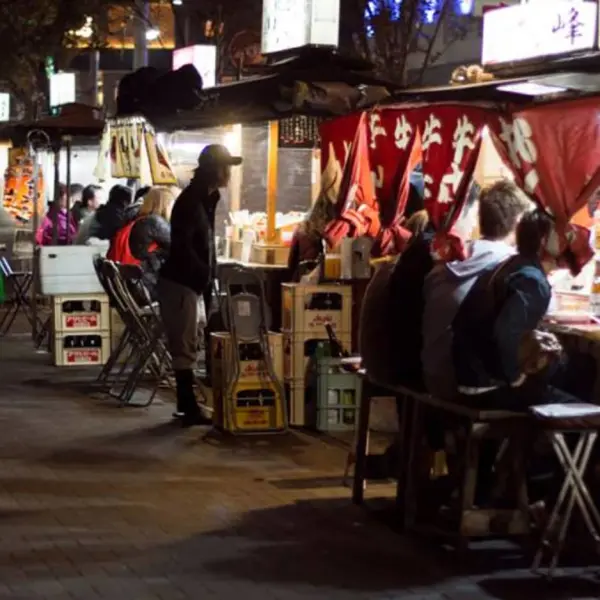 Yatai in Fukuoka: Sitting at the Counter with History
Yatai in Fukuoka: Sitting at the Counter with History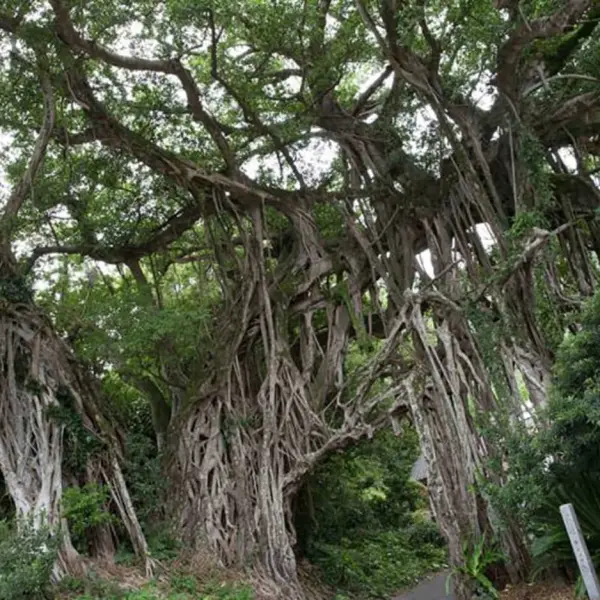 Yakushima: Feeling the Island
Yakushima: Feeling the Island




